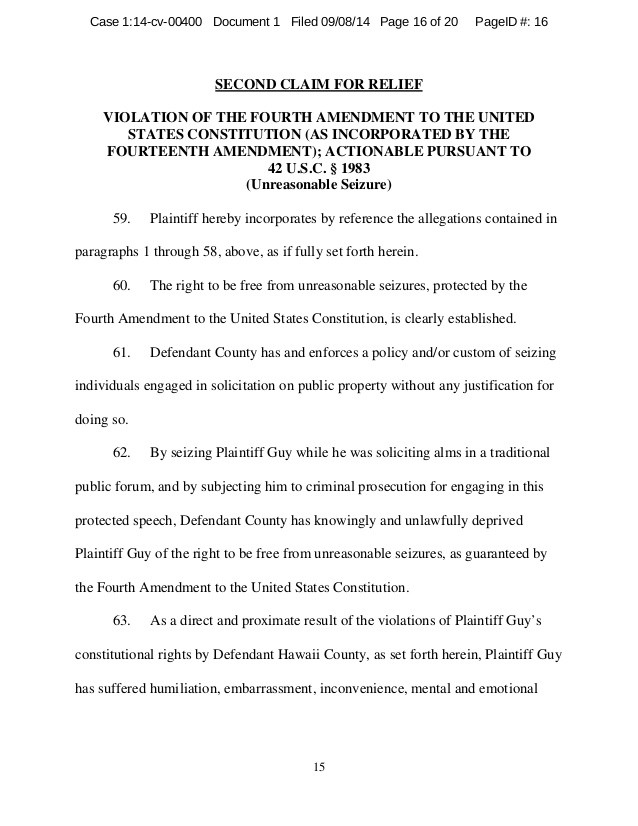401(K) 15Second Summaries
Post on: 2 Апрель, 2015 No Comment

The key elements in 401(k) design are deciding how the employer’s 401(k) contributions should be allocated among employees and in determining the employer’s 401(k) matching contributions. A proper employer match can increase employee participation in the 401(k) plan and may help meet certain 401(k) nondiscrimination requirements, thus reducing total employer contributions. Selection of appropriate eligibility requirements and a vesting schedule will also affect employer contributions. Decisions regarding the availability of loans, hardship withdrawals and other distribution options and the use of pooled or self-directed investments are also important 401(k) design considerations.
Proper 401(k) administration requires a determination of necessary administrative services to keep the 401(k) in compliance. Competent, cost-effective 401(k) consultants or service organizations must be selected to provide these services and their performance must be monitored. Nondiscrimination testing is one area that demands special expertise. Improper 401(k) administration can lead to governmental penalties or the loss of the 401(k) plan’s favorable tax status.
It is important that 401(k) monies be properly allocated to participants’ accounts. Failure to do so can distort participant balances and endanger the tax status of the 401(k) plan. A more sophisticated recordkeeping is required when participant-directed accounts are available than when investments are pooled. A computer-driven recordkeeping system is essential for larger 401(k) plans. Checks on recordkeeping should be performed by the employer or an advisor. 401(k) recordkeeping fees are often negotiable.
401(k) investments can be pooled or participant-directed. If participant-directed accounts are selected, an employer may reduce fiduciary responsibility for investment losses if the requirements of the Department of Labor are met with respect to these accounts under Section 404(c) of the Internal Revenue Code. If participant-directed accounts are not established and investments are pooled, the employer must use extra care in making investments, since 401(k) earnings will be reflected in the accounts of the participants. Forming an investment committee, appointing an investment manager or adviser and monitoring investment earnings and other measures may help reduce employer liability in this area.
Though 401(k) employee communication is important to help meet certain reporting and disclosure requirements, convincing employees to participate is integral for the 401(k) plan’s success. If employees are shown how the 401(k) arrangement can help them save for retirement and defer taxes, their appreciation of the program should lead to greater participation. The employer should provide investment information and education but not advice, even though the line between them may be blurry. Employee communication using printed material, videos, slides and the Internet are important, but face-to-face meetings and targeted and individualized approaches are often more useful. Investment education meetings and financial counseling should be considered. An enrollment meeting is advisable when the 401(k) is established. The effectiveness of employee 401(k) communication can be measured by surveys, employee advisory groups and other methods.

Controlling 401(k) plan costs requires that employers consider expenses relating to establishing and maintaining the 401(k) in addition to the 401(k) contributions themselves. Negotiating with the organizations providing 401(k) services, switching to other 401(k) service providers, performing tasks in-house, or shifting assessments to employees are general approaches that can help reduce costs. Employers can directly decrease their costs by reducing their 401(k) contributions. An increase in employee deferral contributions may produce a reduction in the employer’s 401(k) contributions needed to satisfy nondiscrimination requirements. The 401(k) plan employer contribution can also be reduced by delaying participation as long as possible, not providing a contribution to some participants (where possible) and by delaying vesting.
401k Plan Further Assistance
Please describe your 401(k) concerns on our short form . We will reply promptly to employers and their representatives. Or call us at 718-793-9888. Our web site homepage contains additional useful 401k information.














